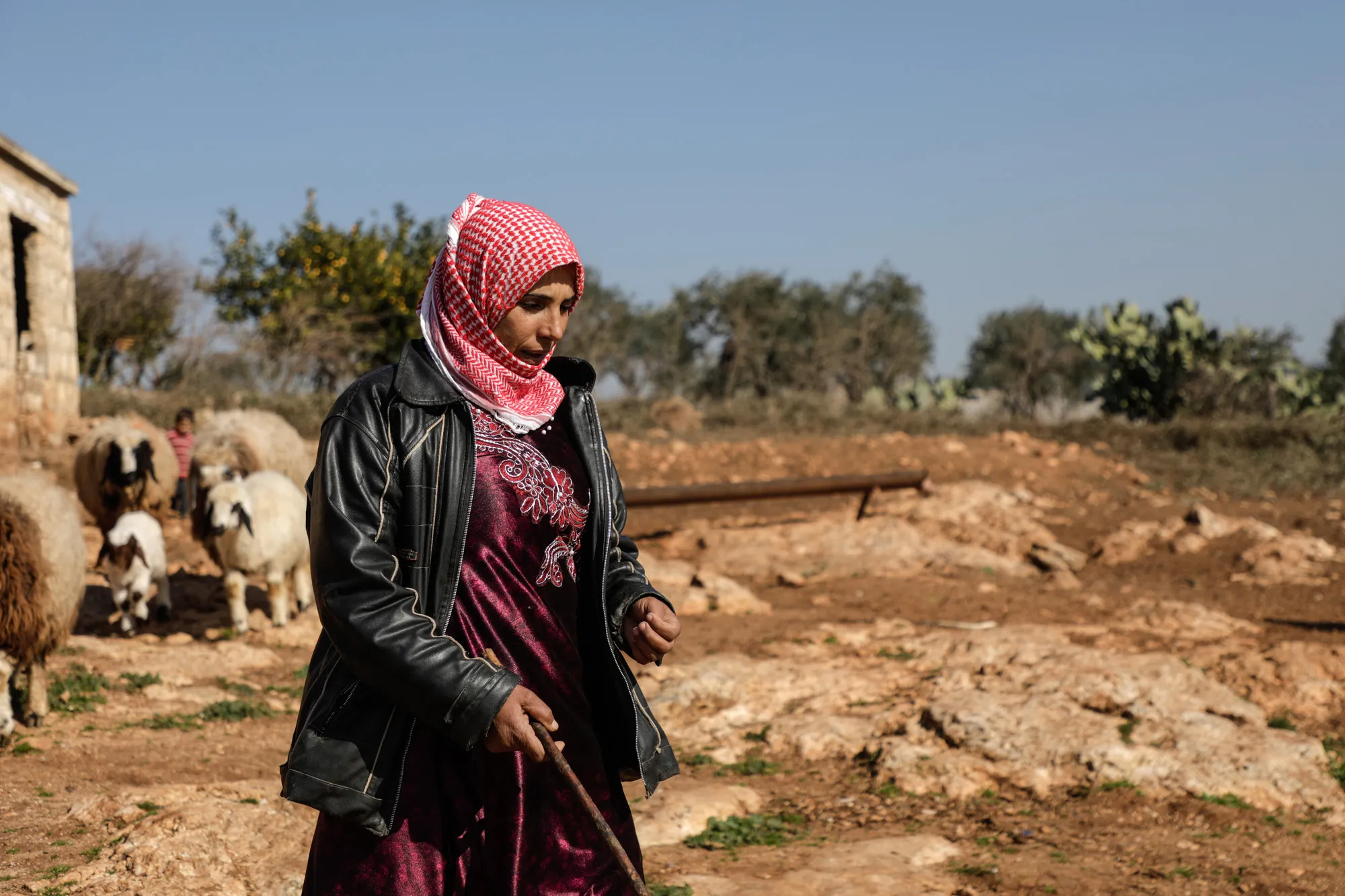
Ten years ago, the lives of many Syrians changed profoundly as violence erupted between the regime of President Bashar al-Assad and armed resistance forces. The resulting humanitarian crisis is one of the worst of our time – 6.7 million Syrians remain internally displaced; 11 million people are in need and 12.4 million live with food insecurity.
The impacts of climate change are increasingly obvious, with 2023 as the hottest year on record—by far. In this report, CARE looks at what the data is telling us about climate change and what women are doing about it worldwide. Read More
The government of Burundi has declared a humanitarian crisis you may not have seen in the midst of all the crises in the world. Double-digit food price inflation, 1.23 million people facing food insecurity, conflict in DRC impacting trade, and more than 200,000 people displaced: the crises in Burundi barely get enough attention globally. In fact, Burundi is the third in the list of most under-reported crises. If you haven’t been following the situation in Burundi, here are 4 things women in Burundi want you to know. Read More
CARE, Shouhardo III program of Bangladesh and Kuza, have collaborated to digitize the FFBS content with support from SUFFBS technical teams, enhancing learner engagement, sustainability, and outreach to vulnerable farmers, including women and youth. This partnership has been instrumental in creating digital tools that ensure broader access to training resources and support the practical application of improved livestock practices to foster long-term livestock productivity and gender equity, driving sustainable agricultural development and community empowerment through a more inclusive and effective learning environment. The digital livestock FFBS is piloted in 6 districts of Shouhardo program in Bangladesh with 10 Local Service Providers facilitating the sessions to 200 Farmers. Read More